The final scene in the play of ‘Christ’s birth’ (which in the west is called ‘the story of the nativity’) that we enact in our home town in India has always been the wise people from far-east arriving to offer their three gifts to the baby Jesus in a manger, where Mary, Joseph, angels and shepherds are already present on the stage. We then have the final song ‘Silent night holy night’ sung during which people capture a group picture with all the cast (where people who played the roles of Herod and the inn keeper also join) present on stage, to say it is the end of ‘Christ’s birth,’ or the end of the story of the nativity. Is that really the end of Christ’s birth? Or is there really an end to Christ’s birth?
My decolonial Dalit Christian faith cannot comprehend to the fact that Christ’s birth is a mere thing of the past and Christmas is only the birth anniversary of Jesus Christ. For to me Jesus Christ is being born daily into our world, into our public spheres, into our times and into our lives, making the story of Christ’s birth, the word becoming flesh, ever fresh and ever new, with no end to it. In the midst of the rubbles and troubles of the world today, Jesus Christ is born as a holy trouble, on the one hand opposing those involved in war and conflict, and on the other hand to offer solidarity to those who are living under the rubbles and troubles. The birth of Jesus comes alive today in the efforts of seeking peace, love, justice and comfort.
Well, the gospel writer Matthew continues the story of Jesus Christ’s birth where several children are massacred in the first century Palestine by king Herod with wailing and weeping all over, while Joseph, Mary and Jesus flee as refugees into the neighbouring state of Egypt. Luke, also the gospel writer, on the other hand, continues the story of Jesus Christ’s birth with baby Jesus being presented to the Lord at the temple when an elderly priest Simeon and an elderly prophet(ess) Anna, who awaited the coming of Messiah, encounters salvation in the twinkle of the eye of baby Jesus and pronounces blessings and prophecies about him. I personally think the enactment of the story of ‘Christ’s birth’ should include these two incidents as recorded by Matthew and Luke, so that it gives at least some overview of the biblical account of the infancy narratives of Jesus Christ.
According to the biblical account of Jesus Christ’s birth narratives, there is no record of what the shepherds have said on visiting baby Jesus in the manger, ‘though they have made known the saying that had been told them concerning this child, for all who heard it wondered and Mary treasured it in her heart pondering over them,’ (Luke 2:17-19) Neither there is any record of what the wise people said about baby Jesus on presenting their gifts to him in the manger. How can you not say anything on seeing a child who is just born? Though the outcasted shepherds said some things they weren’t recorded, the wise people who came all the way from far-east would have said some words about baby Jesus, which were again not recorded; perhaps it only exhibits the dynamics of power in recording things, whose voices are recorded and whose aren’t?
However, it was Simeon on taking baby Jesus into his arms at the temple that he has spoken about baby Jesus which has been the first ever recorded words about baby Jesus which is in Luke’s gospel (2:29-35). Simeon on taking baby Jesus into his arms he said:
“Master, you are dismissing your servant in peace,
according to your word,
for my eyes have seen your salvation,
which you have prepared in the presence of all peoples,
a light for revelation to the gentiles,
and for your glory to your people Israel.” (29-32v)
Simeon has seen salvation in baby Jesus, which God has prepared in the presence of all people and he has seen a light for revelation to the ‘outsiders’ in baby Jesus, to inform his listeners both in the temple and to the readers of this gospel, that the salvation in Jesus Christ is for all and not just the few chosen ones. Joseph and Mary marvelled at what was said about baby Jesus. Simeon then blessed the young couple and said to Mary his mother:
“This child is destined for the falling and rising of many in Israel
and to be a sign that will be opposed so that the inner thoughts of many will be revealed –
a sword will pierce your own soul too.” (34-35v)
Simeon having been filled with Holy Spirit saw in child Jesus Christ a destabilising force, an unsettling spirit, who is destined for the falling and rising of many in Israel. The child Jesus Christ will be a sign that will be opposed so that hearts are exposed. It is interesting to note that in my Telugu Bible the term ‘a sign that will be opposed’ is translated as “vivadaspadamaina gurthu ga’ which in English means ‘as a controversial sign.’ In the Greek translation it is mentioned as ‘antilegomenon’ which means ‘to be spoken against.’ Therefore, if Christmas is the celebration of Jesus Christ’s birth, then it is a celebration of the birth of a controversial sign, the birth of a sign to be spoken against in Jesus Christ, which I call it as a celebration of the birth of Jesus Christ the ‘holy trouble.’ On hearing that child Jesus is destined to be a holy trouble, unlike the previous reaction, the parents of baby Jesus did not marvel as it is not recorded what their reaction to such a prophesy was, but I think the parents would have had a silent holy chuckle to praise God for such childlike Jesus.
Jesus Christ the ‘holy trouble’ is an echo of Mother Mary’s song
Mother Mary on hearing the words of Simeon that her child is going to the ‘holy trouble’ felt a sword piercing her soul. I think this is because Mary immediately would have remembered how her own song that she sang on her visit to cousin Elizabeth with baby Jesus still in her womb, and found a resonance of her song with the words of Simeon. Mary in her own song praised God singing, “…He has shown strength with his arm; he has scattered the proud in the thoughts of their hearts; he has brought down the mighty from their thrones and exalted those of humble estate; he has filled the hungry with good things, and the rich he has sent away empty…” (Luke 1:51-53) Mary’s song was not only a praise song and a prayer song but was also a prophetic song that she sang seeking God’s spirit in making her son to be a person who will bring the mighty from their thrones and exalt those that are humble, very much in the spirit of what Simeon has said that this child is destined for the falling and rising of many in the nations. Simeon’s recognition of ‘holy trouble’ in Jesus was an affirmation to Mary’s song. Mother Mary & Simeon’s Palestinian context of oppression and discrimination under the Roman occupation, demanded them to sing and prophesy a radical song of justice. This song could have been the song that Jesus heard mother Mary sing daily, and learnt it as an anthem of justice for his mission in his life, and embodied it in his life.
Jesus Christ the ‘holy trouble’ is a sign that will be opposed
Jesus Christ will be a sign that will be opposed because he is destined for the falling and rising of many in Israel and in the wider world. Firstly, Jesus the ‘holy trouble’ will be a sign that will be opposed to the very understanding of God. For God then was understood only in terms of transcendence, and little did the world think that God could come as a human being leave alone being born as a child. Jesus the child’s birth created a ‘holy trouble’ to the very idea of God, for God pitching God’s sanctuary in the midst of God’s creation, a thing that was unthinkable. The sacred becoming secular in child Jesus is a holy trouble to the very essence of the divine. Secondly, Jesus the ‘holy trouble’ will be a sign that will be opposed by the religious authorities and the empire for speaking truth to the powers. Jesus’ Nazareth manifesto, a reading from the book of prophet Isaiah and the conversations that followed led people to reject him. Jesus’ cleansing of the temple is an act of ‘holy trouble.’ Jesus exposing the unjust practices of the religious authorities will be an act of ‘holy trouble.’ Jesus’ kingdom of God surely created a ‘holy trouble’ for many, for in this kingdom of God in contrast to the kingdom of Rome, there is peace, healing, justice, equality and inclusion, with a preferential option to those on the margins and to those that have been excluded by religious and ritual laws are warmly embraced and welcomed. Thirdly, since Jesus was a ‘holy trouble’ troubling those in the powers, he had to pay the price of dying on a cross as a criminal out in the public sphere. Since he was opposed by the powers, the religious leaders connived with the Roman empire and put him to death on the cross. Even in his resurrection Jesus was a ‘holy trouble’ for God overcame the sting of death, where he became a sign that was opposed by the very experience of death. As a priest, Simeon prophesied in child Jesus a ‘holy trouble’ and Christmas is an invitation to invoke that spirit of ‘holy trouble’ to transform our world today. Jesus Christ the ‘holy trouble’ brings the inside out and outside in, which includes the last to be the first and those excluded will be included.
Last year in 2023 in the context of the war and conflict in Gaza, Rev. Munther Issac, a Palestinian liberation theologian and a Lutheran pastor has challenged the world by saying that “If Jesus were to be born today, he would be born under the rubble of Gaza.” He further went on to explain that “the message of Christmas is that Jesus, who miraculously survived a massacre was born among the occupied and marginalised. He is in solidarity with us in our pain and brokenness. The true message of Christmas is that ‘this genocide must stop.’”[i] Perhaps even a year after in 2024, Christ is still under the rubble, with Christmas celebrations once again being cancelled in Palestine for a second year in a row.
The context of 2024 is dominated by rubbles and troubles of the world. Rubbles caused by the war in Palestine, Israel, Lebanon, Ukraine, Syria and several other places of conflict. Troubles caused due to climate change, poverty, oppression, exclusion, hatred, xenophobia, Islamophobia, antisemitism and other such forms continuing unabatedly in our contexts. So therefore, in such a context, what is the relevance of Jesus Christ being born as a holy trouble in the midst of rubbles and troubles of the world today.
This Christmas we are called to join with the voices like Munther Issac in calling for an end to war and conflict in our world today. We need to join with child Jesus in his tryst for the destiny of falling and rising of many today. Jesus continues to be a sign of controversy today. Celebrating the birth of Jesus, the controversial sign is to oppose things Jesus would oppose, that includes ritualistic religiosity, legalistic orthodoxy and pseudo spiritualties. Celebrating the birth of Jesus, a sign that will be opposed is in a way embracing the other in love, trespassing all boundaries of exclusion and ensuring that we work for a just and inclusive communities, where all means all enjoy mutual respect and mutual dignity. Celebrating the birth of Jesus, a sign that will bring outside in and inside out is to nurture a spirit of speaking truth to the powers and become channels of God’s kingdom. Jesus the ‘holy trouble’ is being born in our localities, and we are called to celebrate this holy child the holy trouble and live a life like this child Jesus Christ.
From a child wrapped in bands of cloth came a sign of hope,
So, from people on the margins comes signs of life,
From a child lying in a manger came a sign of peace,
So, from people who are speaking truth to the powers comes signs of life,
From a child born out of a troubled genealogy came a sign of love,
So, from people with ambiguous identities comes signs of life,
From a child born outside the camp came a sign of freedom,
So, from Dalit & Tribal communities comes signs of life,
From a child who fled with his parents as a refugee came a sign of justice,
So, from migrants, refugees & those seeking asylum and sanctuary comes signs of life,
Discern the signs of our times,
Discover the signs of life from those striving for peace & justice,
Deliver the mission of God rooted in Christ the ‘holy trouble.’
May this season inspire us to discover Jesus the ‘holy trouble,’
In our prophetic living and in our bold giving,
May this season invite us to recover Jesus,
from the glamour of opulence and from the armour of pseudo-spiritualities,
May this season initiate us to uncover Jesus,
from the wrappings of exclusivism and from the claims of absolutism.
Wishing you all a missional Christmas and a meaningful New Year.
Rev. Dr Raj Bharat Patta
Raj Bharat Patta is an ordained minister of the Andhra Evangelical Lutheran Church in India and currently serves as a recognised and regarded minister of the Methodist Church in the UK working in the United Stockport Circuit. He completed his PhD from the University of Manchester and has written a thesis on Subaltern Public Theology for India. He is co-editor of the book Multiple Faiths in Postcolonial Cities: Living Together after Empire ( Palgrave Macmillan, 2019)
Become a member
Get the latest news right in your inbox. We never spam!

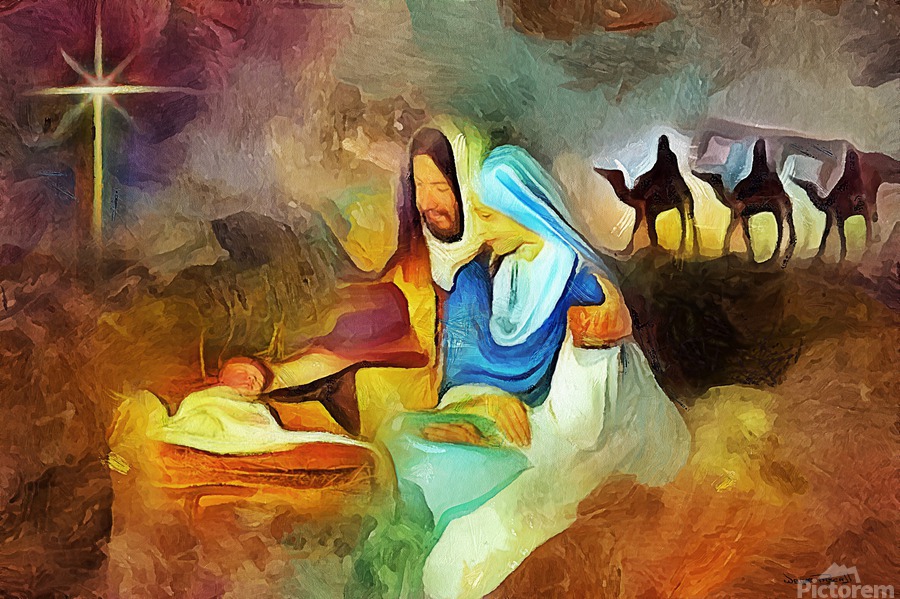
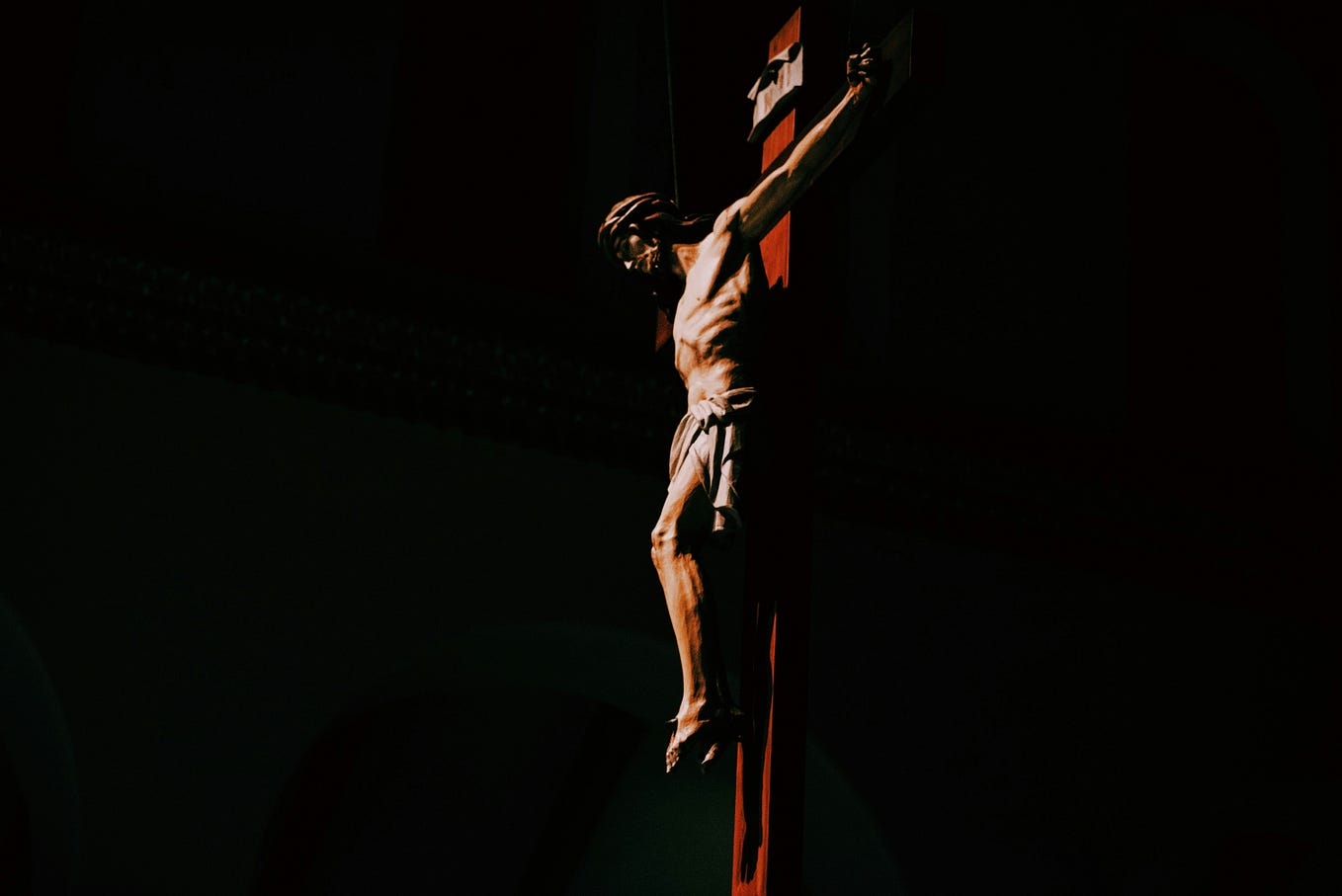
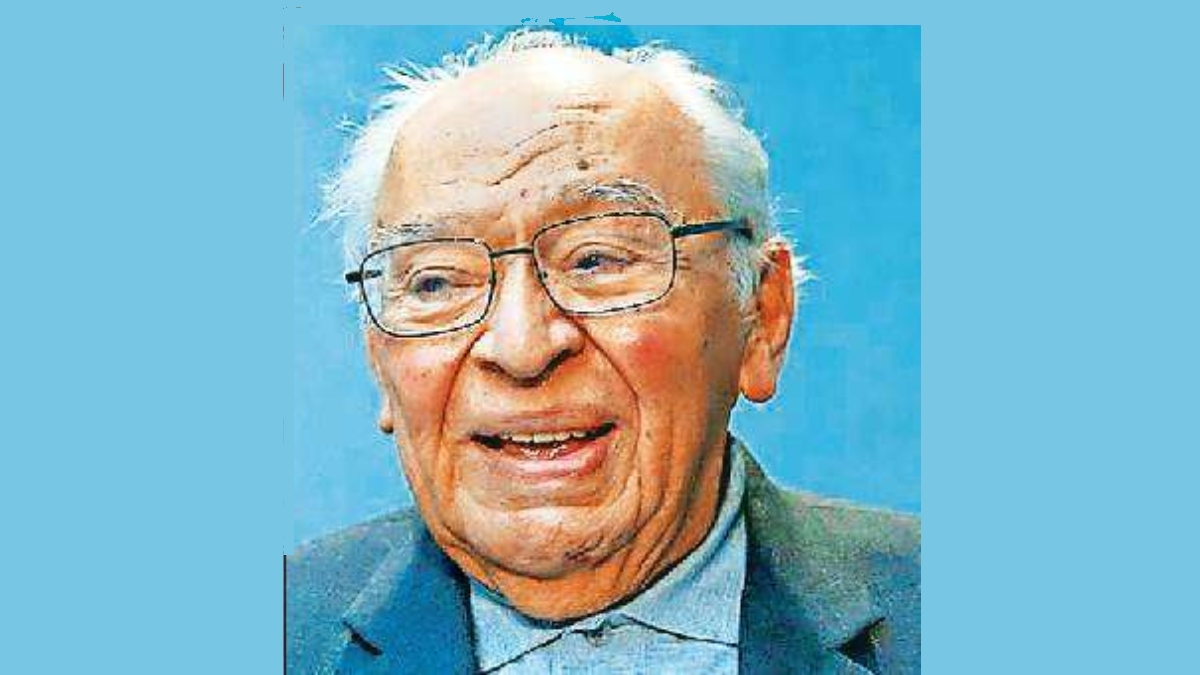
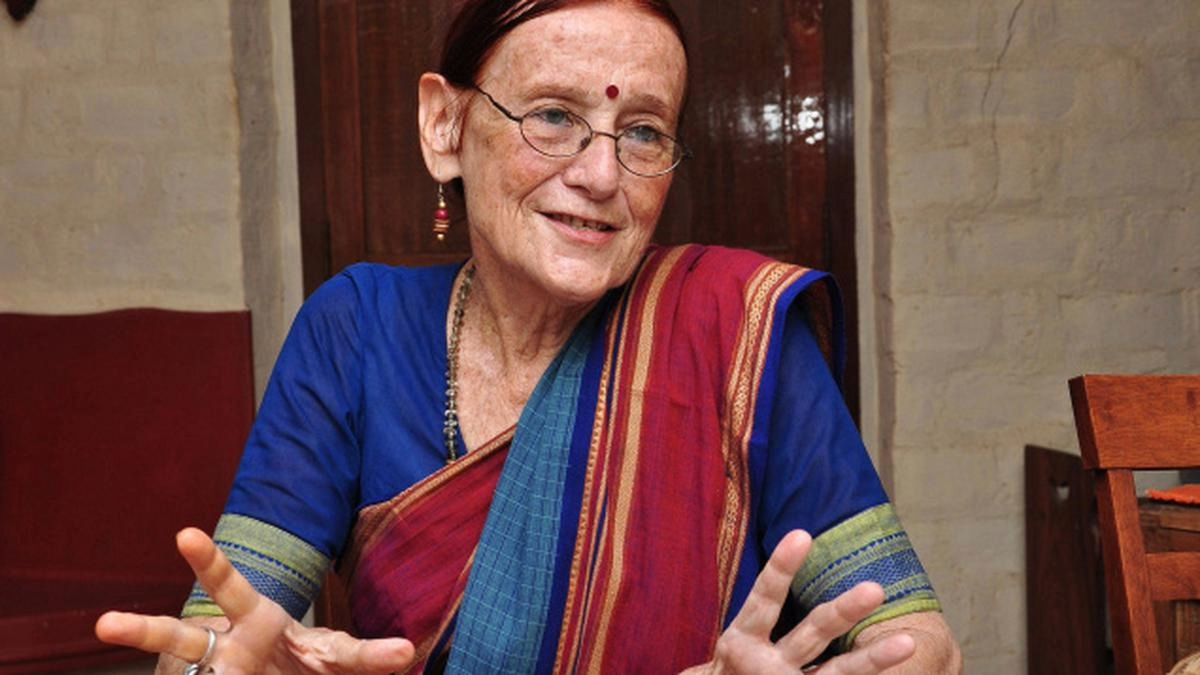
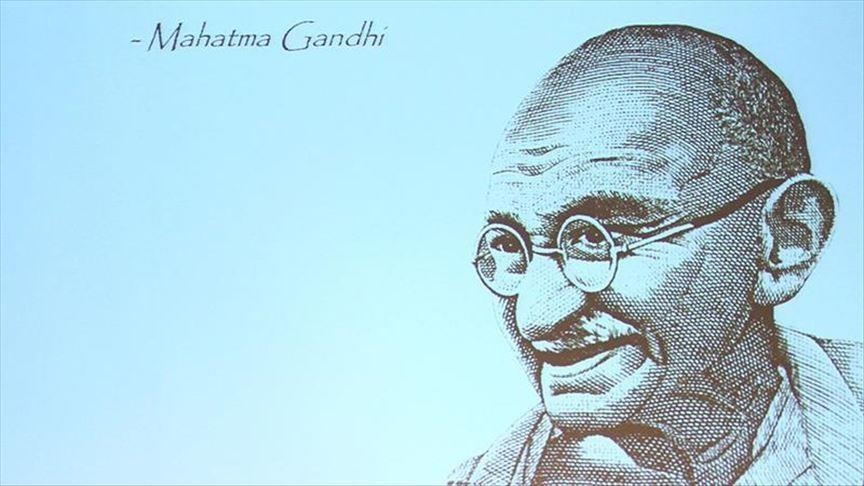
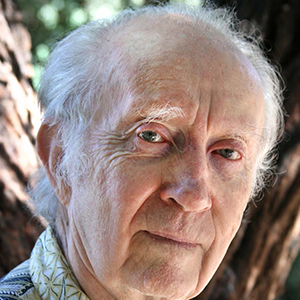
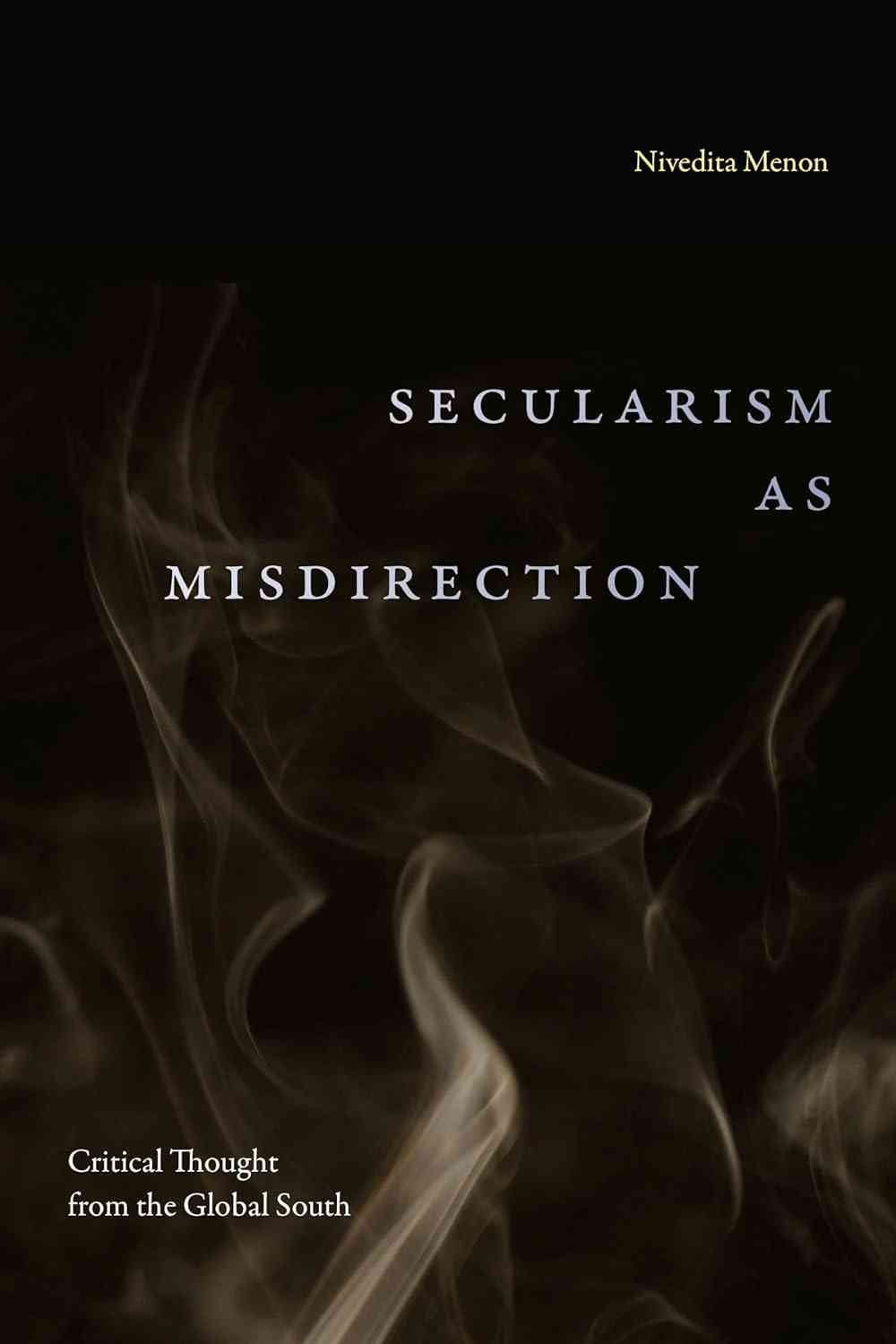




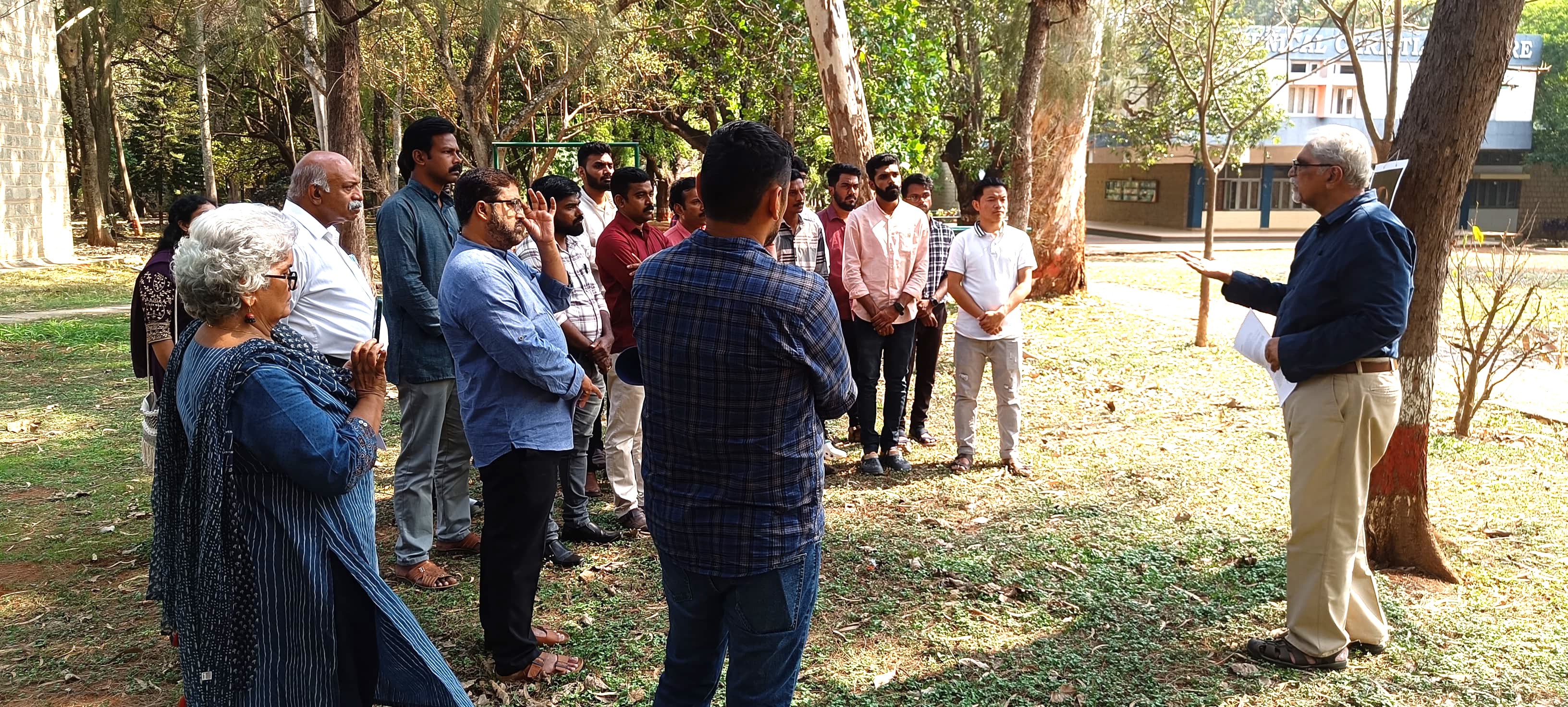
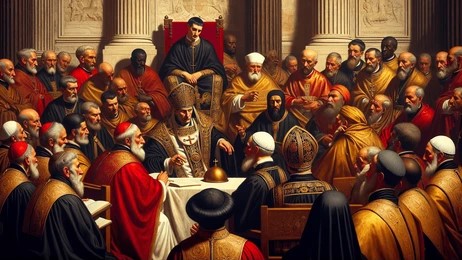
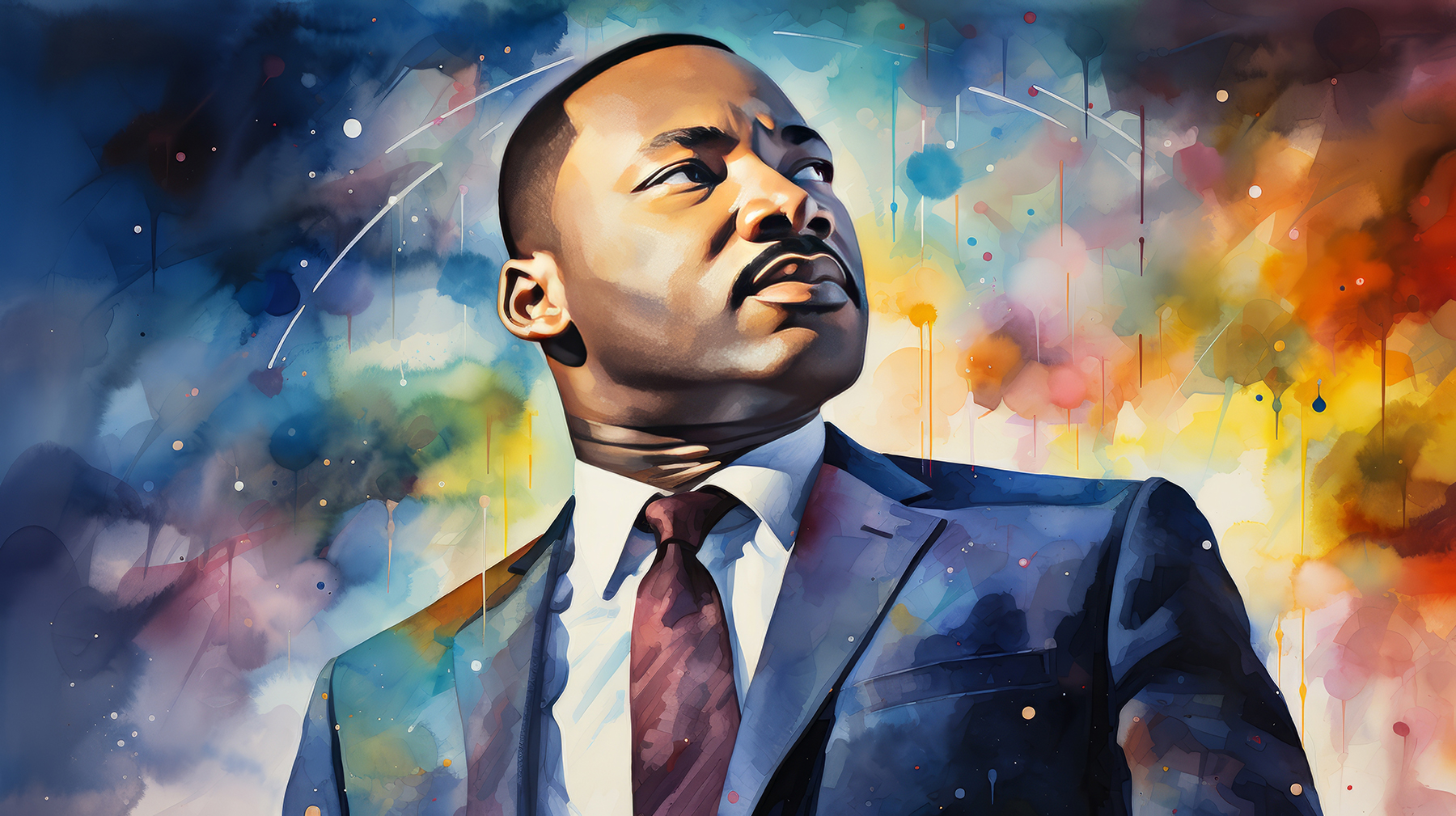
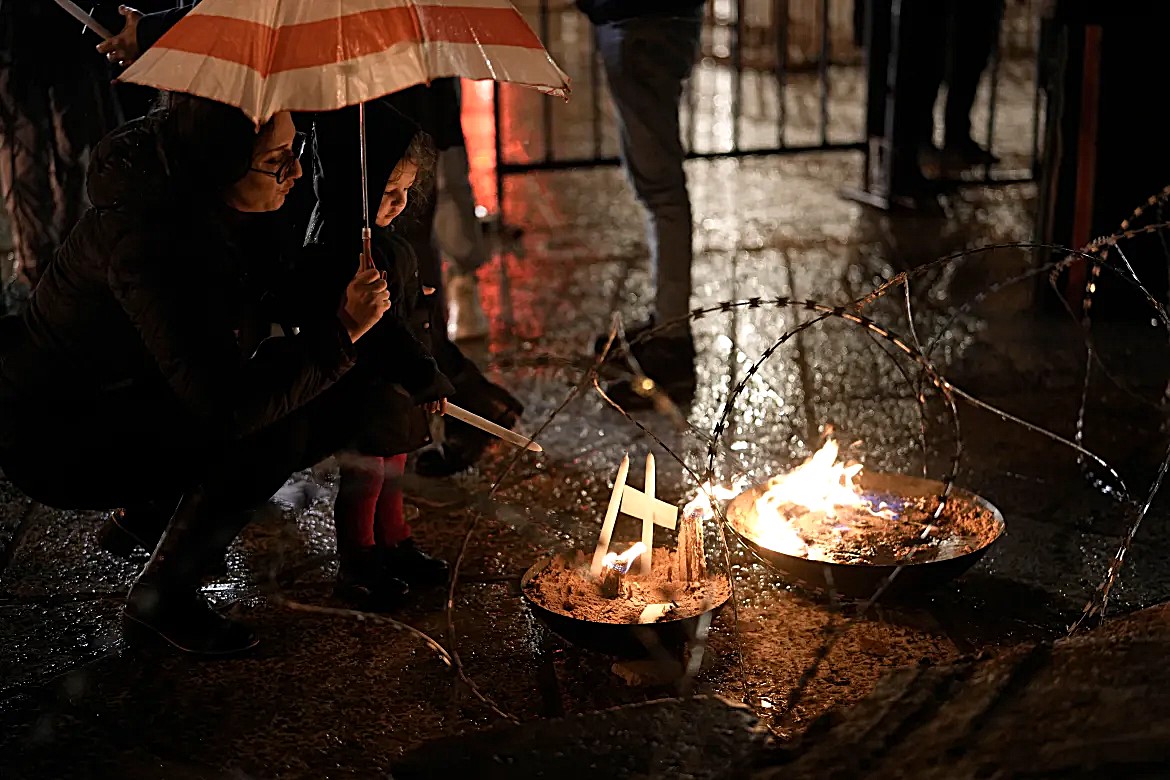
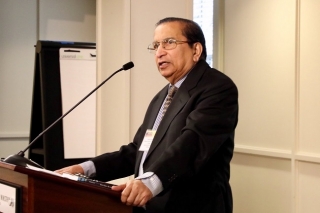
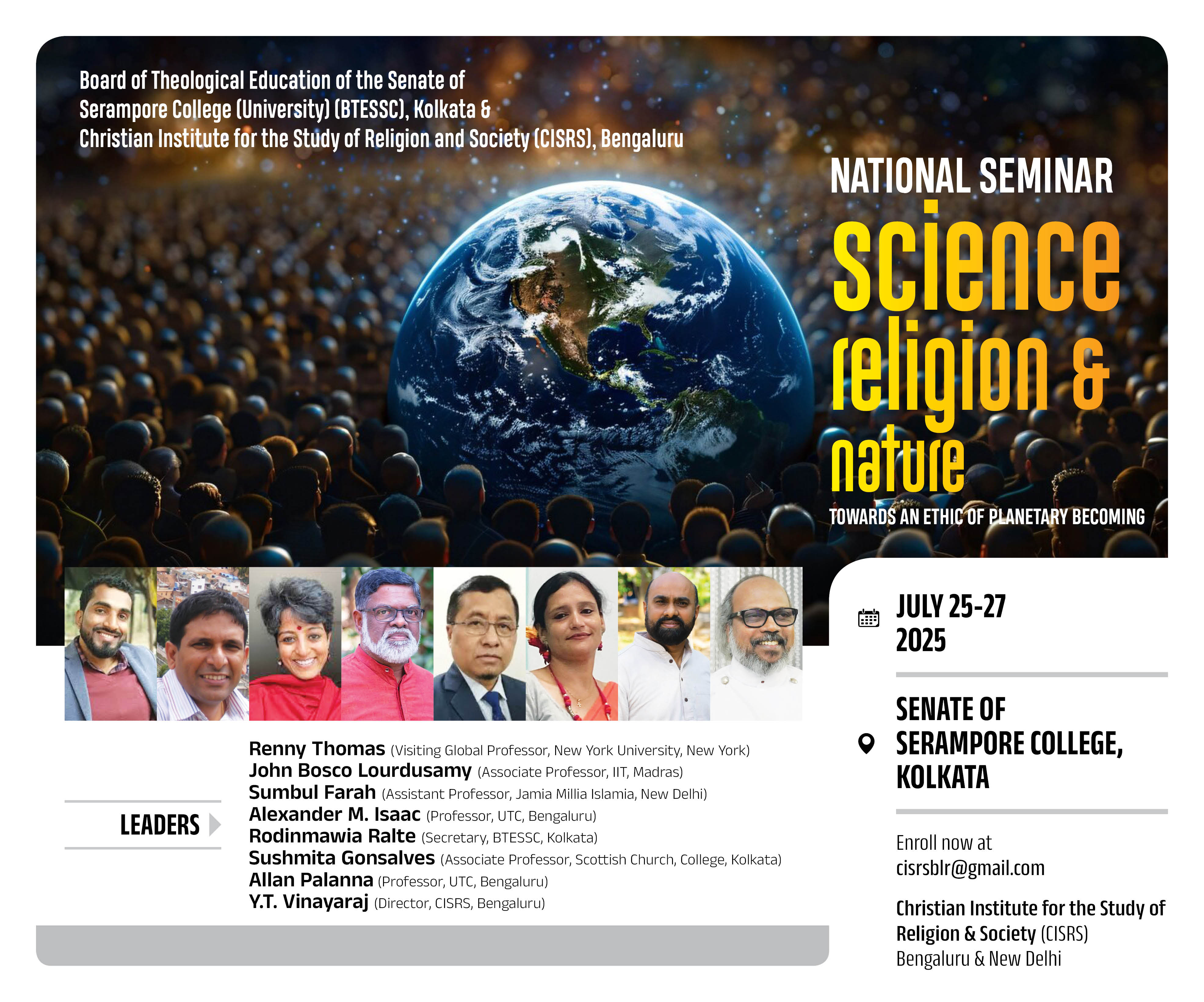

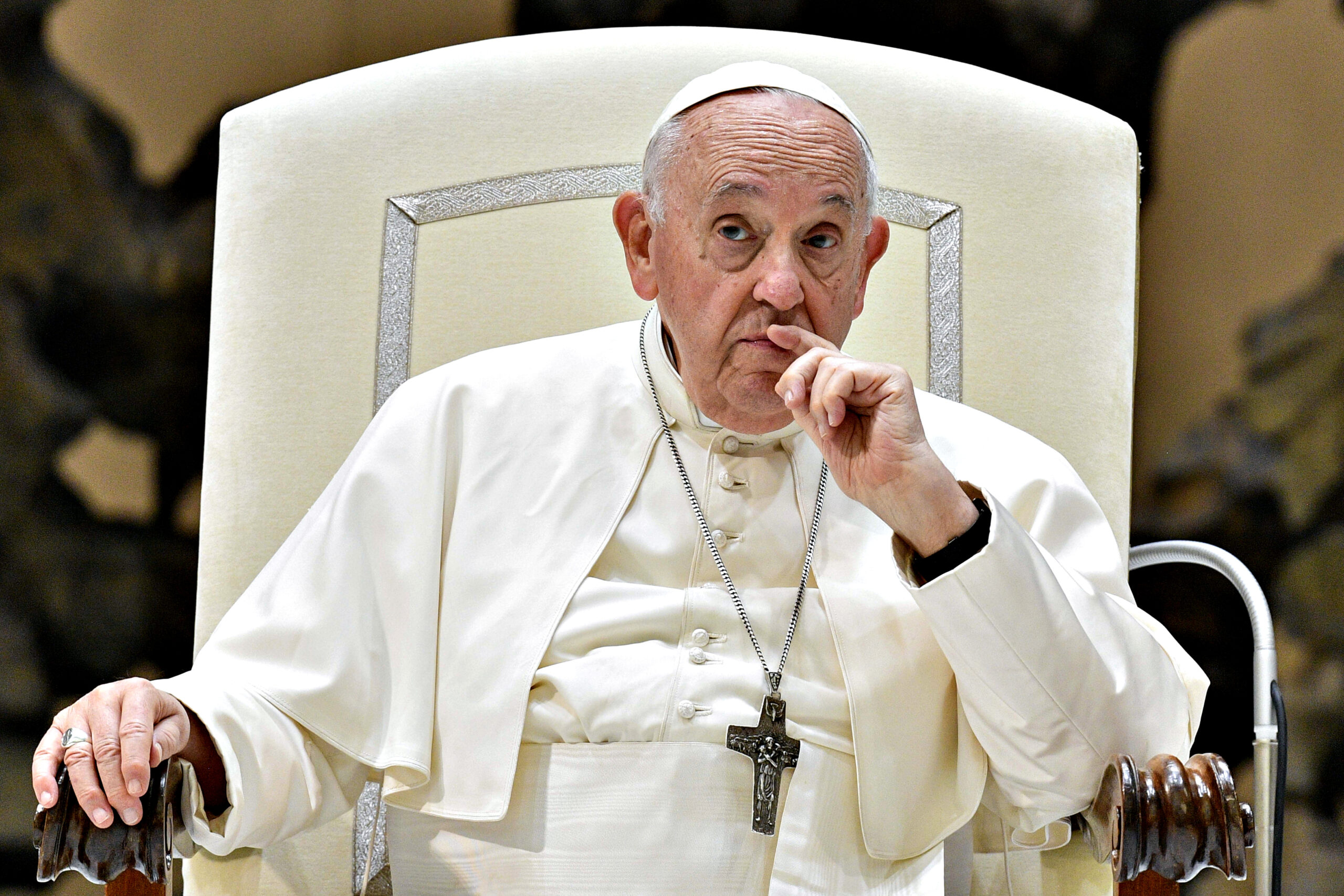
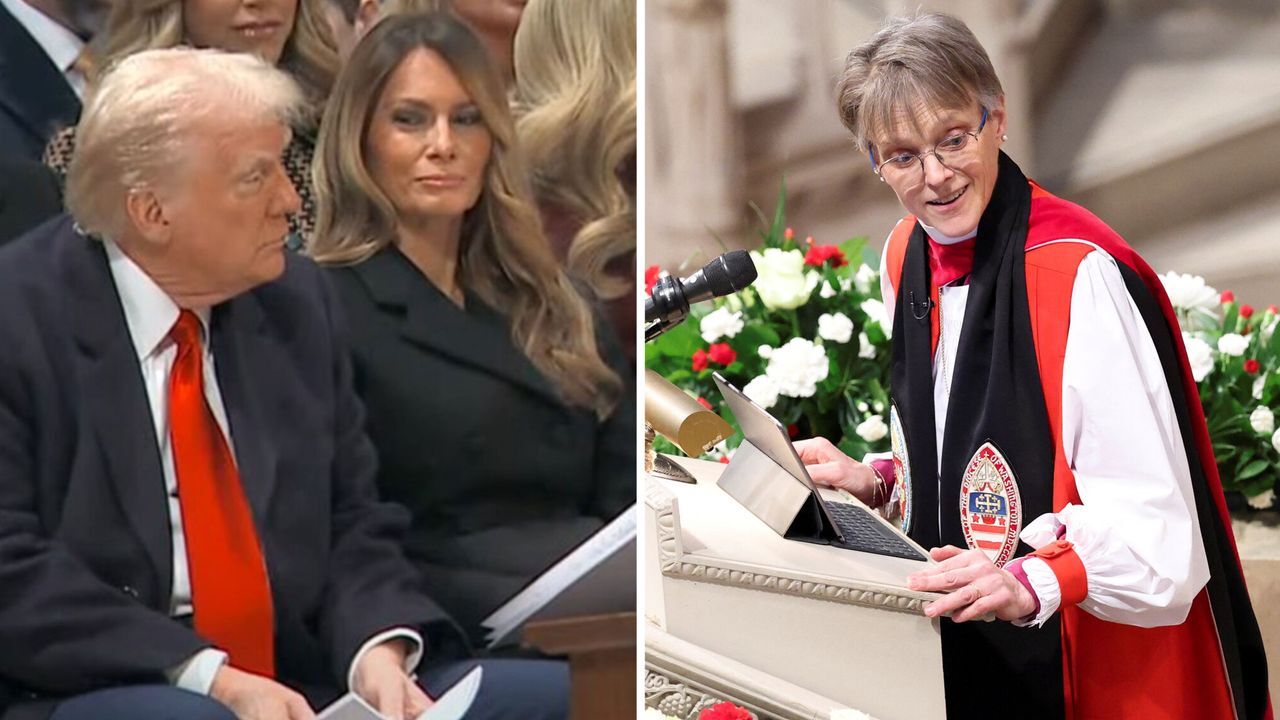
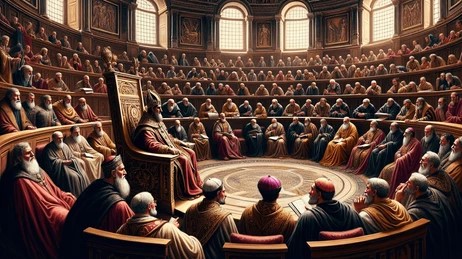
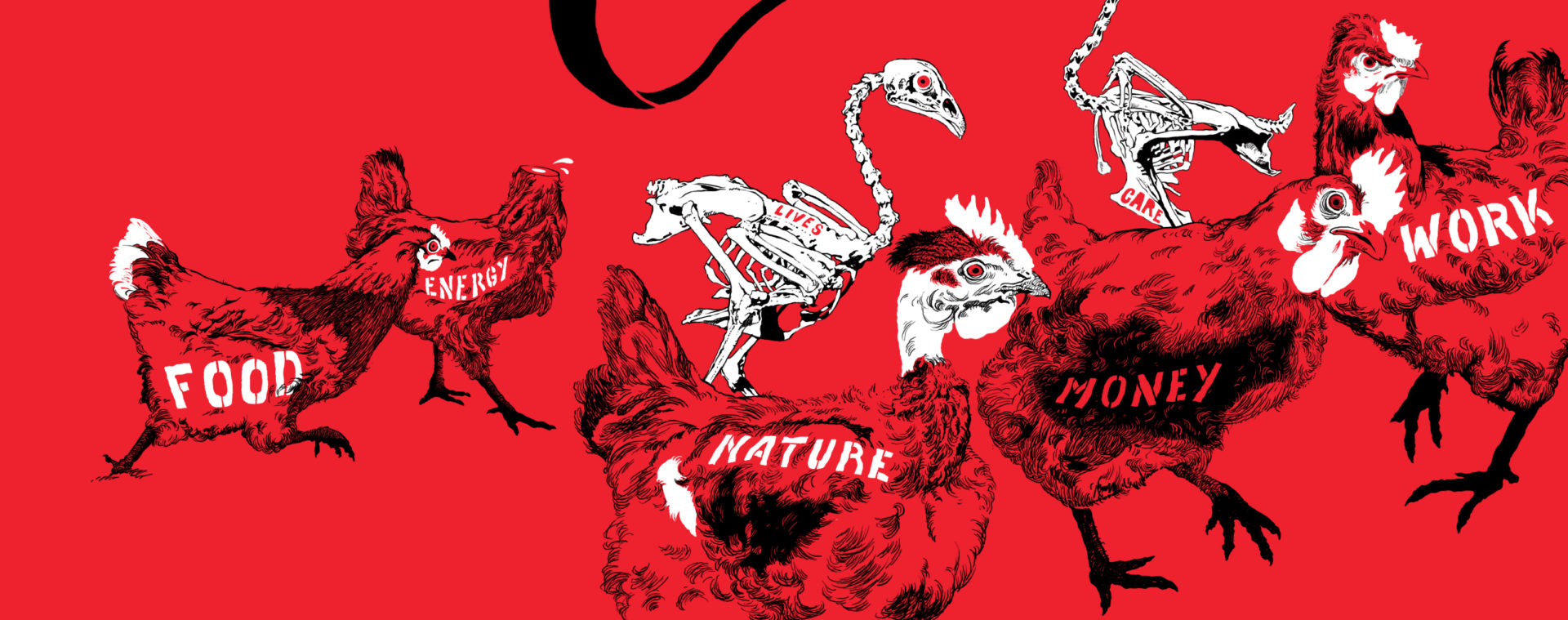
Comments
No Comments